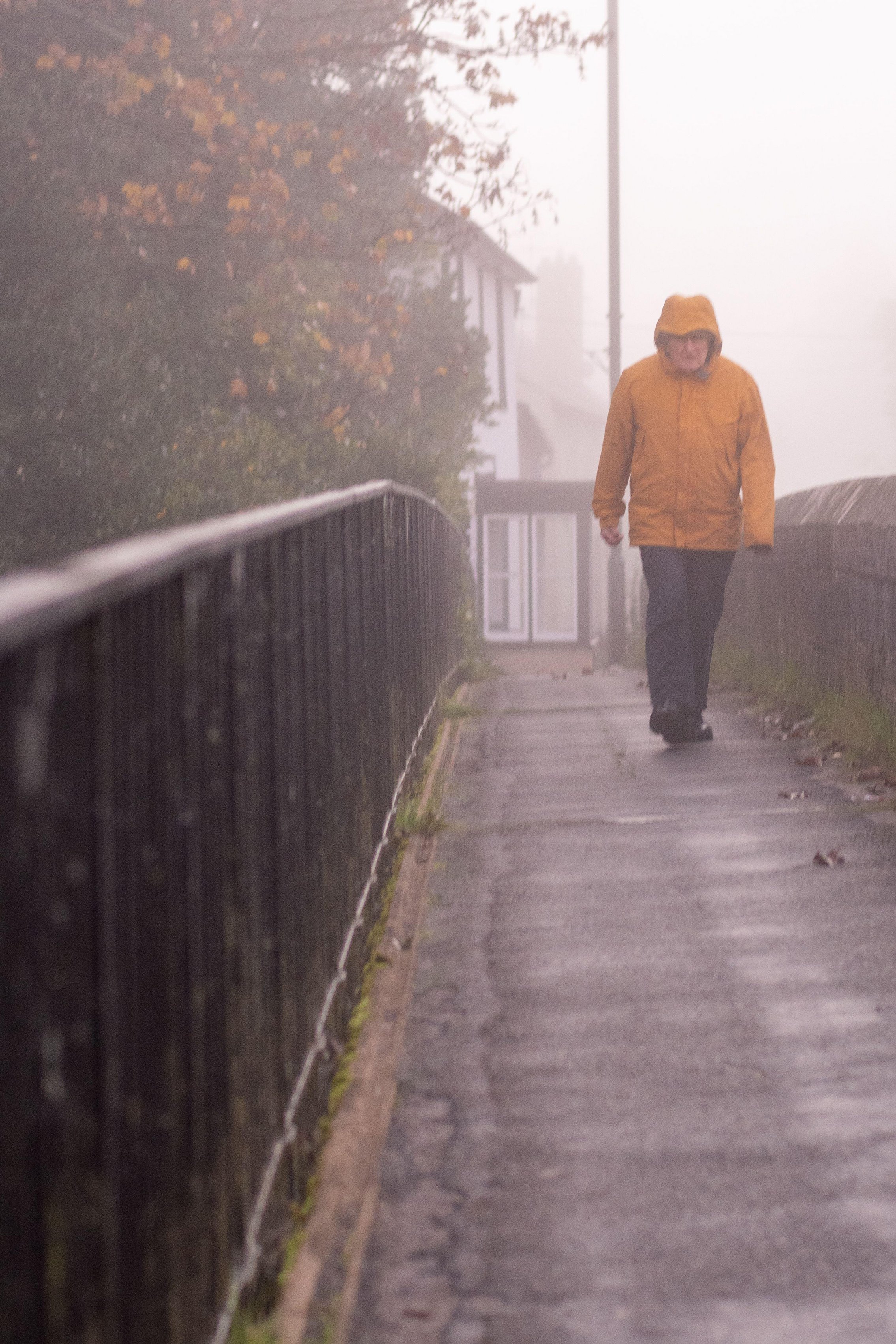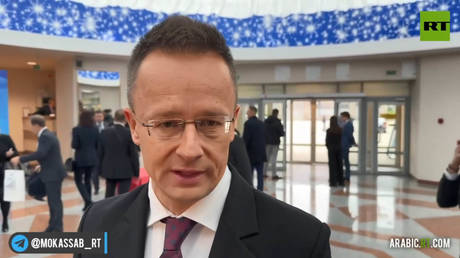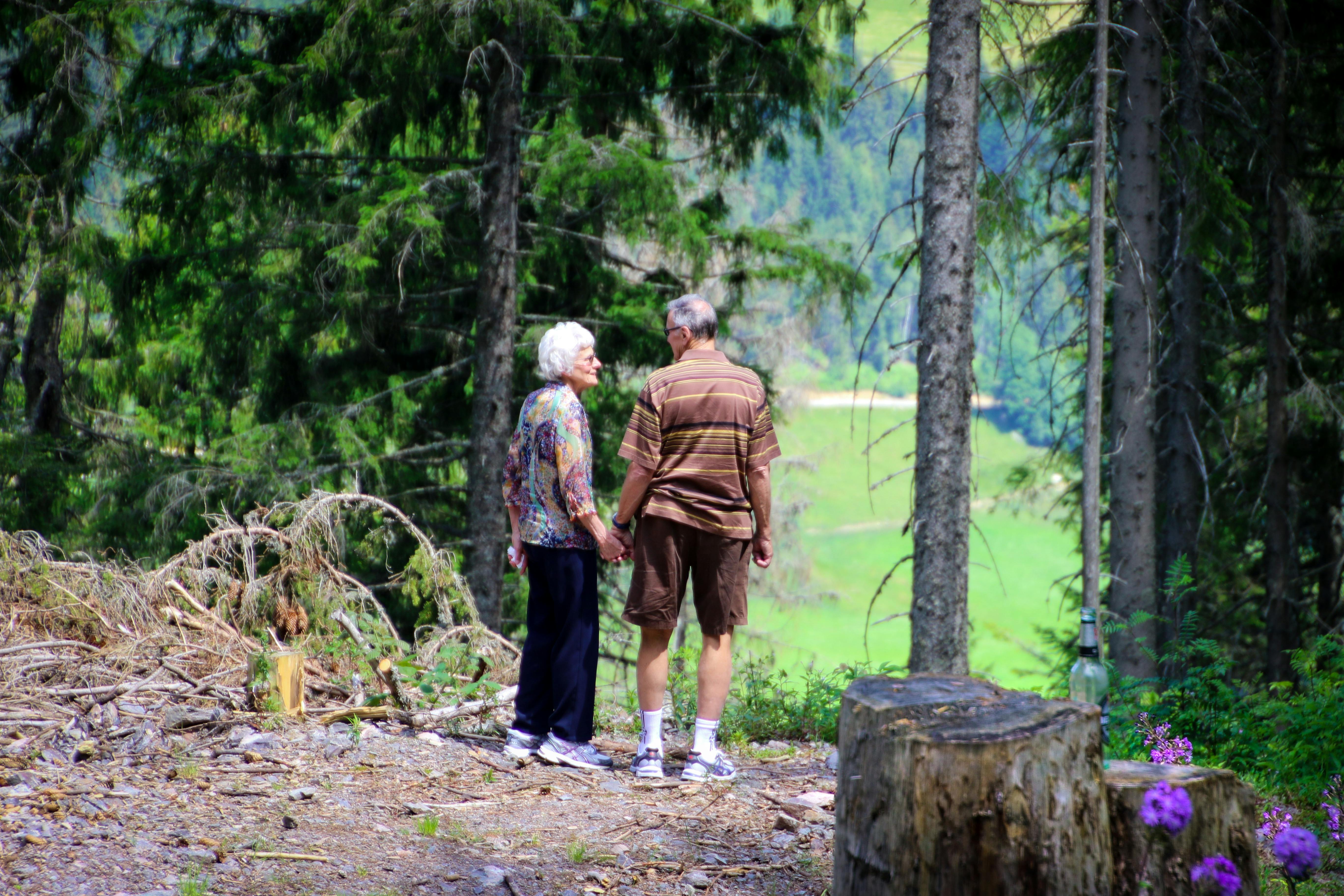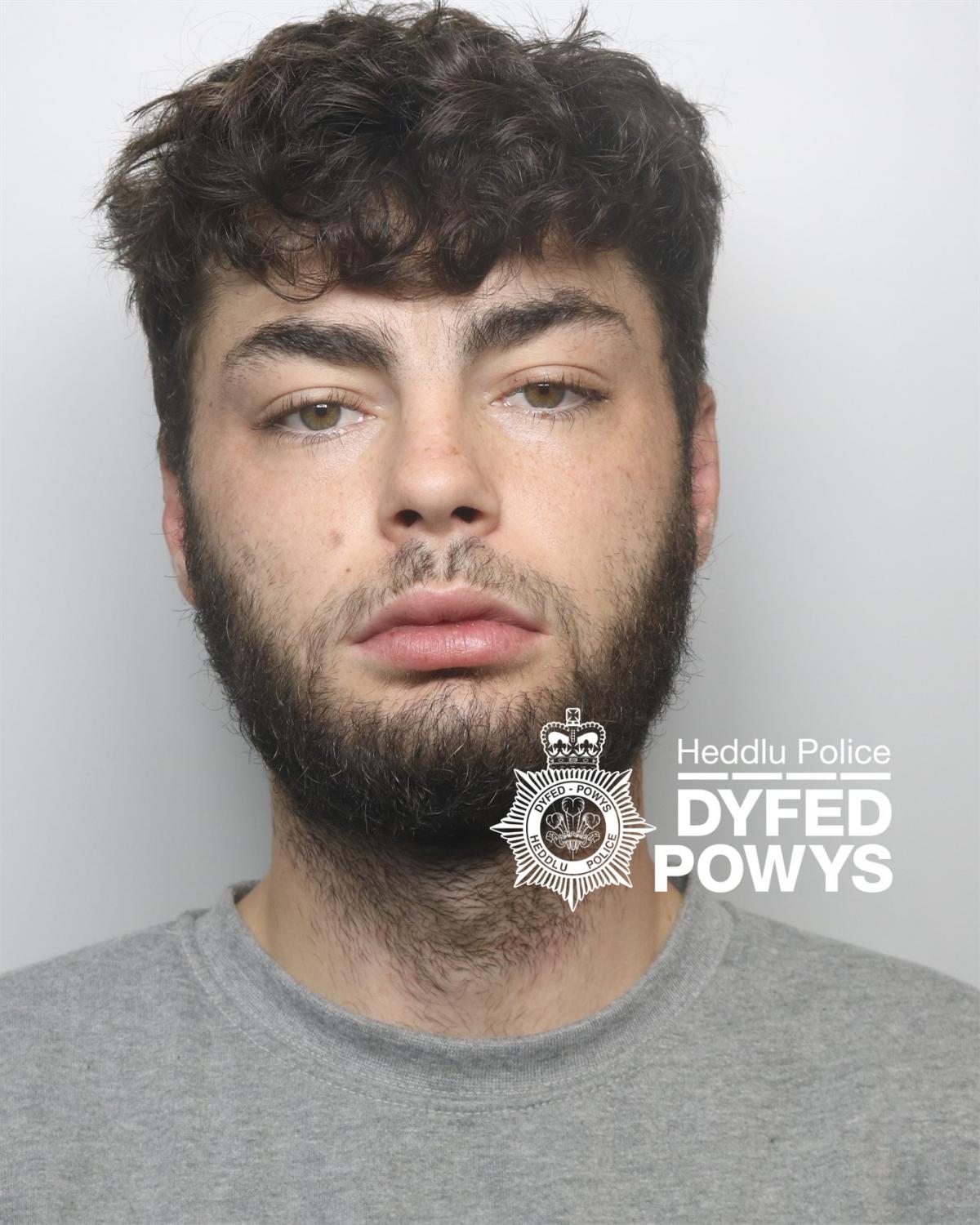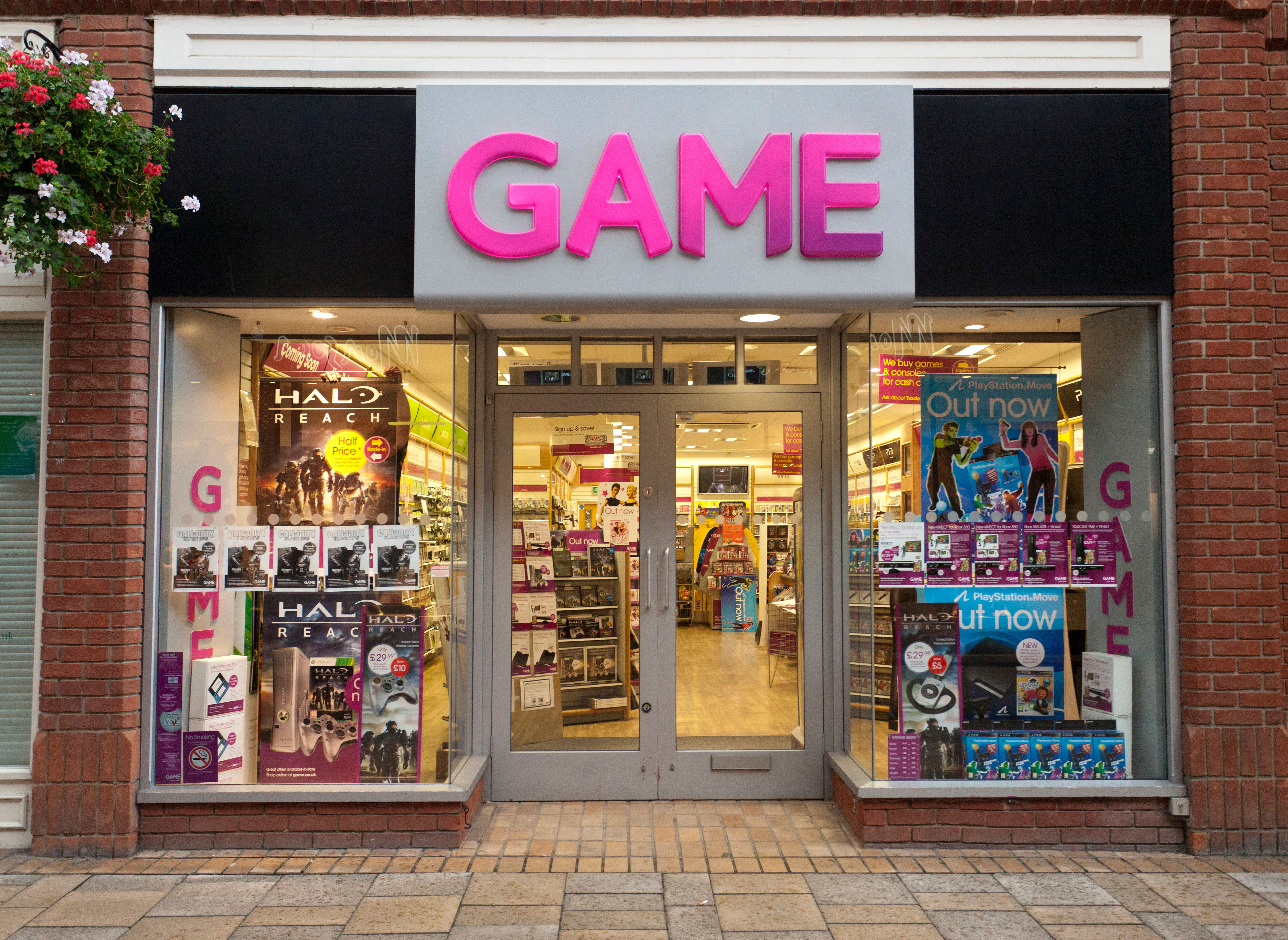Perry Baker is a three-time Olympian and two-time World Rugby Men’s Sevens Player of the Year, second for all-time tries scored on the sevens circuit. He has a live claim to be not just the greatest American sevens player of all time but one of the greatest rugby players of all time – from any country, in any form of the game.
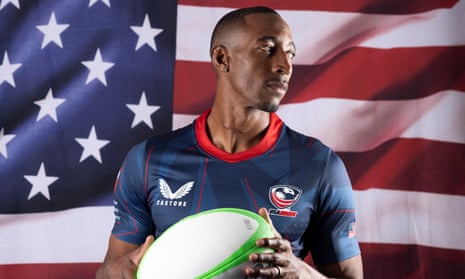
Perry Baker might be the best American rugby player of all time – right now, he just needs a job
At 38, the sevens star finally retired – wistful over three Olympic disappointments and uncertain about the future
Right now, though, he just needs a full-time job.
“I’m enjoying retirement a lot,” Baker says, not long after confirming his decision to stop playing at 38. “Being around the kids more, being at home more.”
Baker has three sons, aged two to 20. His two-year-old buzzes around as we speak.
“But I’m also enjoying the role of trying to be an assistant coach … it’s a time to give back, to shape the next generation.”
Baker is assisting Simon Amor, the new USA men’s sevens coach, at the Olympic training center at Chula Vista near San Diego. But “it’s just until January. I’m praying to God that I can land something that’s permanent.”
It seems remarkable that such a talent – tall and rangy like the wide receiver he was, briefly signed by the Philadelphia Eagles, fast as the wind, trickier than Bill McLaren’s proverbial bag of weasels – should be left looking for work. But in the US, where rugby’s roots are shallow and coaching and media gigs few, so it often goes.
Baker thought about playing on, for at least another year on the sevens circuit. But the end of the Olympic cycle brought changes – Amor replacing another Englishman, Mike Friday, as coach, players changing too – and Baker could “see it’s just time to move on. Just knowing your time is over.
“I enjoy playing, and I will still play sevens at some point, but on an international level, doing that day in day out, and traveling, it just came to be a lot on the body. Now I think I’m ready to transition for something else and find happiness somewhere else. I thought about playing 15s. Like, if things don’t go as well as I want being an assistant coach at the national level, then I’ll definitely consider pursuing the MLR.”
Major League Rugby, the US professional men’s 15s competition, will play its eighth season next year. The league is experiencing its usual ferment – the Dallas Jackals will not compete in 2025 – but Baker would bring serious star power.
“I know that my age is a factor for a lot of people,” he says, “but I’m not old on playing rugby body-wise.”
Baker found rugby young, in Florida with the imperishably named Daytona Beach Coconuts, but only took to it full-time at 27, in 2013 with Tiger Rugby in Ohio. He was soon a USA regular and though a decade on the sevens world circuit would test anyone physically, Baker is a wing, not a forward constantly taking and dealing hits, and he hasn’t done too badly for injuries. Tom Brady won a seventh Super Bowl at 43. Aaron Rodgers is seeking a second at 40. Baker could surely shine in MLR.
“It’s an IQ issue for me. I’m smart enough, I know how to play the game, understand the game, I read the field different, I’m still athletic enough to play, I can still jump, I can still definitely run and do those good things. So I definitely wouldn’t mind to go to 15s for a little while, just to have that under my belt as well, and maybe even help bring exposure on that end too. Because being on a national level, playing sevens for so long, I think I have a fanbase.”
He does. He continues to light up the internet, particularly with what World Rugby called “a try from the gods”, a 100-meter special against Fiji in Las Vegas in 2018, a flurry of steps and swerves to beat four men in no space before a racehorse dash for the line.
Baker’s Eagles won that tournament, beating Samoa, Australia, Spain, England, Fiji and Argentina. They won other titles too but when it came to the Olympics, Rio 2016, Tokyo 2020 and Paris 2024, they fell short each time.
Olympic glory wasn’t always the plan. As Baker says, that “was to finish college [Fairmont State, in West Virginia], go to the NFL, and play in the NFL for like eight to 10 years, and then be retired by the time I’m 32 years old.” A knee injury, detected after he signed for Philadelphia, scotched that. There were a couple of seasons of arena football, then Baker switched to rugby. “So it’s like, OK, now I go to the Olympic Games. I’ll be 28, I’ll play for a couple years, do a World Cup [Sevens], I’ll be done by the time I’m 32. Didn’t work that way either.”

Asked about high points of his sevens career, Baker offers a hymn to squad spirit.
“Stuff with the boys, that’s what I miss the most, to be honest. The good times with the boys. I was with those guys so much and it’s like, now everyone’s just gone, doing their own thing. People are married now. People have kids now. You talk about it so much, but you don’t realize until you’re not in it anymore. Watching this new group that’s in, it’s like, man … ”
Asked for low points, Baker goes to a similarly wistful place. And keeps going.
“It’s just not doing what we set out to do – not finishing the job at the Olympic Games. The first one [Rio] was like the unknown kind of deal. Tokyo was the one that we knew we could win, and we didn’t get the job done. And then I was the same on the last one, [in Paris] for sure, but the medal wasn’t for me.
“At the end of the day, I felt like I’ve let so many people down who supported me over these 10 years. And why I say that is, like, I have nothing for them, nothing for those people whose support has been behind us, who believed in us. I played this thing for 10 years. My wife sacrificed so much for 10 years for me, and I just wanted to let her hold up a freaking medal from the Olympic Games. To have my kids brag about it. Like, my two-year-old, I don’t even know if they still do show and tell at school, but it’d be something cool he could take. To give to my family, my parents, the supporters, my mate who introduced me to rugby, let him put the medal around his neck and hold it, just to see their reactions.
“That’s why this last one, I wanted it the most … Oh, man. It’s just … I don’t know. Like, something I feel I will never get over. When you look at sports, you’ll always have highs and lows. But I feel the Olympics is the pinnacle of it all, and that was the main reason why I chose to come play rugby, was to be an Olympian, was to chase a gold medal, and to do it three times is not easy.”
Baker chased a dream, and missed. It’s a stark contrast to the sheer joy of the USA women’s team after they won bronze in Paris with a last-second defeat of Australia. As Baker speaks, Ilona Maher, the women’s star player, is shining on Dancing with the Stars on ABC, Olympic success stoking internet fame. Baker salutes the women’s achievement … and watches, wistful for what might have been.
If the women’s success is not to be a blip, if American rugby is to flourish before hosting 15s World Cups in 2031 (men) and 2033 (women), there is work to do. Players must be found and funneled into the national teams, as Baker was himself.
To that end, Baker has partnered with Dallen Stanford, a sevens Eagle turned commentator, and Steve Lewis, a mainstay of the sevens game based in New York, to launch FlagX: a US iteration of a touch rugby organization born in Australia that provides competition for men and women, emphasizing attacking skills and fitness, the better to boost tackle teams in sevens and 15s all the way to national level.
Baker has already run Perry Baker Rugby Camps, “because I want to introduce rugby and get rugby to grow. If you think about rugby in America, one of the biggest things is our skill level, our rugby IQ level, is so low. You can watch a million videos and start to process it but you are not practicing skills at all, and so we’re always behind the top 10 nations. So with [FlagX] we’re going to take a step further. It’s a way of introducing a sport to newcomers who are afraid of the contact. So you get rid of the contact, you have flags, and then you’re still implementing the skill levels. But not only that, now it can be a fundraising tool. You’re raising money, and it’s staying in the club, so now your club can be sustainable.”

The idea is to make FlagX “kinda like CrossFit” – a franchise model, clubs posting scores and competing virtually, a community committed to its game as well as having fun and keeping in shape. The effort will keep Baker busy. But as he says more than once, he’s still trying to figure out precisely what the rest of his working life will hold.
“Heck, I’m all over the place. I’m trying to laugh. My main thing I want to do is be an assistant coach and also do my FlagX rugby. Those are my two things I really want to do.” But he also harbors a vivid dream of a complete career switch – to law enforcement.
Years ago, Baker interned with the New York Police Department. Now he says: “I don’t want to be a police officer. What I want to do? I want to become a homicide detective. I don’t know, I feel like my calling is about helping others. If you can and you’re in a position to help others, that’s life.
